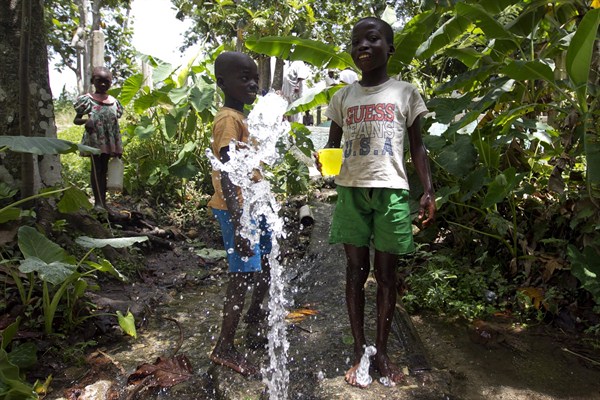It is turning into a summer of big diplomatic deals at the United Nations. Two weeks ago, the Security Council endorsed the Iranian nuclear deal. This weekend, diplomats signed off on an arguably even more complex bargain: the new Sustainable Development Goals (SDGs). This is a sprawling set of 169 targets that the world is meant to achieve by 2030, ranging from eradicating poverty to fostering peaceful societies.
Skeptical commentators worry that this amalgam of good intentions is too unwieldy to gain traction, in contrast to the crisper Millennium Development Goals articulated in 2000. But it is still impressive that the U.N.’s members have been able to agree on such a comprehensive vision for the future of development, not least because the SDGs also touch on such neuralgic topics as climate change and economic inequality. World leaders will formally endorse the goals in New York this September, when they gather to mark the 70th anniversary of the U.N.’s founding. This may create extra momentum for one further big agreement on climate change, to be finalized in Paris in December.
The climate change agreement is also likely to be imperfect: Governments will make voluntary, nonbinding pledges to cut back their carbon emissions, but many activists worry that they will not do enough to stem global warming. Still, this year’s grand bargains seem to offer some reasons to be positive about the state of international diplomacy. There is much talk these days about the fragmentation of world order as China and Russia challenge U.S. primacy. The world may indeed be increasingly divided, but diplomats can still make major bargains.

